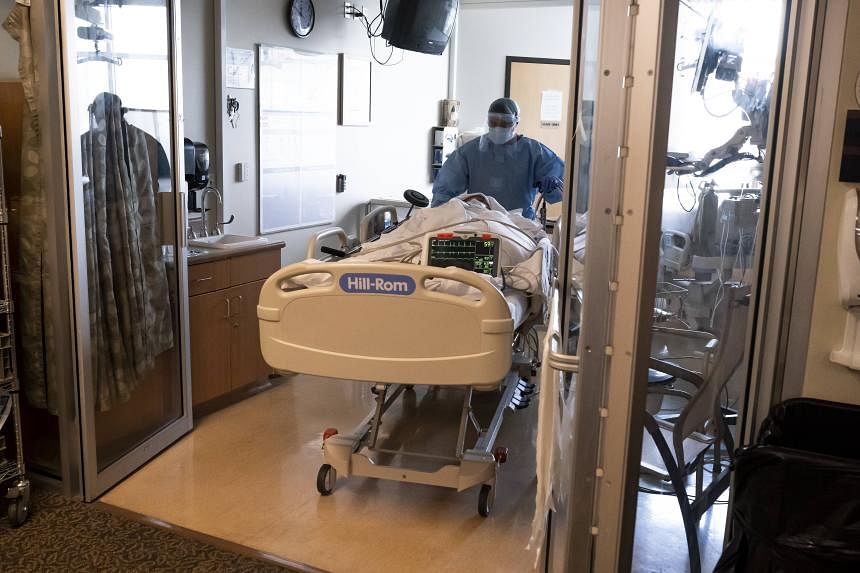LOS ANGELES - Officials in the US state of Oregon have said they are dealing with a rare human case of bubonic plague that was likely transmitted by a pet cat.
The disease, which killed at least a third of Europe’s population in the Middle Ages during a pandemic known as the Black Death, is uncommon in developed countries and can now be treated, but remains potentially dangerous.
The identity of the patient in Deschutes County has not been revealed, but officials said the infected individual, who is receiving treatment, was most likely infected by a pet cat.
“All close contacts of the resident and their pet have been contacted and provided medication to prevent illness,” said Dr Richard Fawcett, Deschutes County Health Officer in the announcement of the case last week.
The authorities said plague symptoms in humans begin up to eight days after exposure to an infected animal or flea.
Symptoms may include fever, nausea, weakness, chills and muscle aches. If not diagnosed early, bubonic plague can progress to septicemic plague – an infection of the bloodstream – or pneumonic plague, which affects the lungs. Both are much more serious.
“Fortunately, this case was identified and treated in the earlier stages of the disease, posing little risk to the community,” a statement said.
“No additional cases of plague have emerged during the communicable disease investigation.”
The Oregon Health Authority said plague is rare in the area, with the last case reported in 2015.
The Black Death swept through Europe in the 14th century, killing as many as 50 million people in one of the deadliest pandemics in human history. AFP

